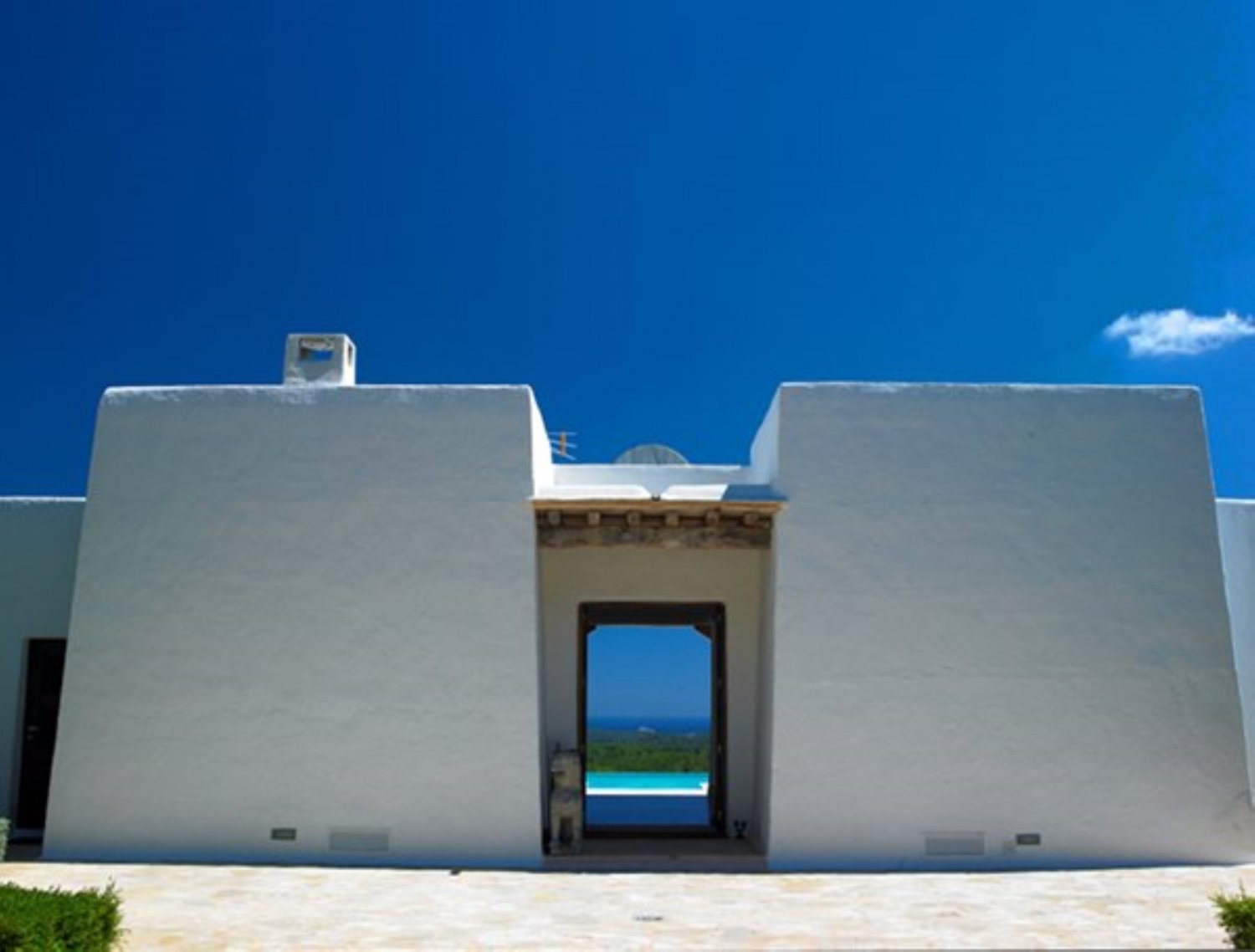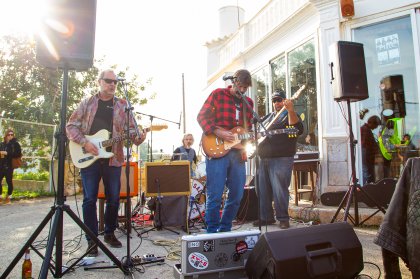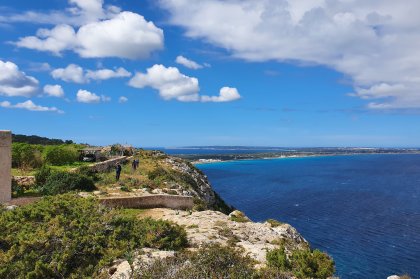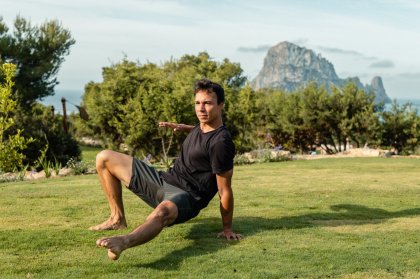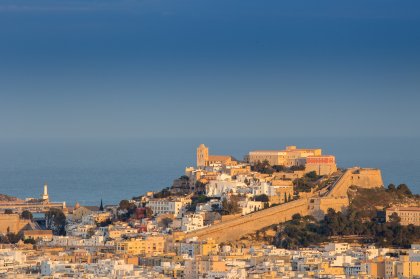In this article, the second part of a two-part series, we go through the process of helping you seal the deal, with details of the legal processes once you have found your dream Ibiza home.
If you missed the first article, Buying a home on Ibiza: getting started, do head there first to get an idea of what your first considerations should be.
So, now it's time to drill down into conveyance, the legal process of transferring property from one owner to another. It's important to know how this works in Spain as it can differ from that of other countries, so read on.
Negotiate, negotiate
Your agent will help both parties to reach an agreement over the sale price, confirm the terms in writing, and then begin the task of drawing up the contract. A good agent will take a very active role in negotiating a price and terms that are suitable for both parties. Bear in mind that up to 5% + VAT of the sale price of the house you are buying represents the agent's fees, so, now is the moment to drive your hard bargain!
Drawing up a contract
Although not a legal requirement, most sales are usually pledged and secured by a private contract - called a contrato de arras - between the buyer and seller, the terms of which are arrived at by negotiation between the respective parties' solicitors. The seller agrees to deliver the property and the buyer will pay the agreed price for it. Upon signature of the contract, the buyer will make a down payment deposit of 10% and a minimum period for completion is set (typically three months).
Therefore, the due diligence (DD) of the property must be done before the contract is signed. Also things may pop up in the DD that should be added to this contract.
Make sure that all financial arrangements are in place before embarking on this stage. If you are not in a position to complete the purchase in the allotted time, you stand to lose your entire deposit.
Similarly, it is essential that the seller ensures the property will comply with any queries likely to arise from the due diligence process, as failure to complete in time would result in returning the buyer's deposit and an equal amount of compensation paid on top. If you are in doubt, we can recommend you speak to a local expert such as Denise Klischan, a real estate law specialist.
Escritura (deed of sale)
Once all the terms have been fulfilled with and the finances are in place, the final signature of the deed of sale takes place in front of a public notary (a person that endorses legal agreements and contracts) and the legal representatives of all parties. Most notaries will have a reasonable command of English and will satisfy themselves that each clause of the contract has been clearly understood by each party before proceeding to the next.
Doing your due diligence
Before the final signature of the contract, the buyer should check certain aspects of the legal standing of the property. Houses on Ibiza tend to have unique identities; it is rare, especially in the case of older dwellings, to find two that are identical. Many were built and perhaps added to, over a considerable period of time and under less stringent political regimes. Consequently, the likelihood of missing legal documents or inaccurate reporting in the land registry is very high.
Most of the legal enquiries are typical of other countries and a comprehensive search will check the title deed and ensure it is free of charges; consult the land registry (Registro de la Propiedad) and Cadastre (catastro) to outline the location and boundaries and review building licences if relatively new. Properties are registered in both, though often not equally. So, this must be checked and maybe corrected, too.
Also, the certificate of occupancy, the Cedula de Habitabilidad, will be examined to ensure it meets the requirements of current legislation, then an energy certificate confirmation and a check that local rates payments (IBI) are up to date. Finally, any leases or rental agreements will be looked at to ensure they are free of any outstanding management fees.
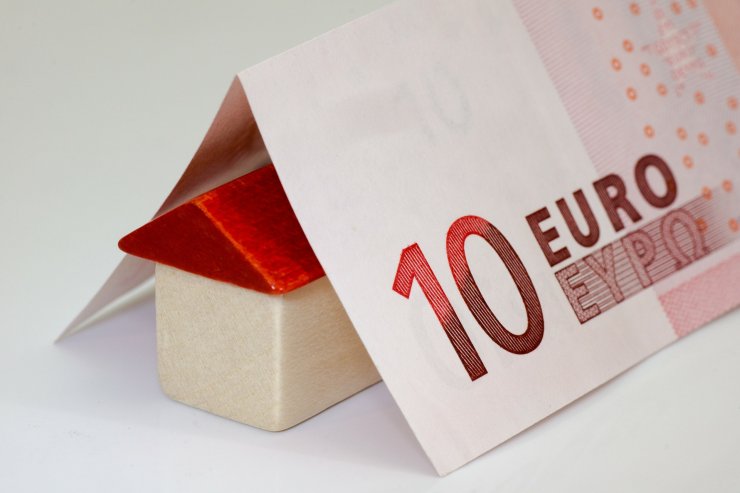
Many older properties may have never been issued a cedula when they were built or it may not reflect accurately the current condition of the property. It is not essential to have one of these, unless you are wishing to apply for a rental permit, but most lawyers are demanding it these days.
Uwe Richtberg of Ibiza One Luxury Real Estate cautions paying careful attention to the cedula because, without one, you may have difficulty raising a mortgage (although banks will also carry out their own valuations) and a tourist licence will not be issued for a house without one. If it's not already in place, and you're not prepared to take a view, expect to wait up to 18 months for a new one to be granted.
Also, rental licences are currently not being issued, and there is a moratorium until 2026.
Philip Gould and René Heinz of GHL Ibiza believe a flexible approach is essential to successfully conclude the due diligence process, as it is rare to find any house on the market which could be said to be 100% legal.
Ten years ago, when a Finca was selling for €800,000, people took a view on parts of it not being legal and lawyers didn't require as much paperwork. That same property may now be worth €2 million+ in the current market, so lawyers are becoming much more vigilant. Also, the present government is putting many extra hurdles in the way.
Many agents on the island are doing the hard work selling the property and, only when beginning due diligence with the lawyer, do they find only half of its legal or might never be made legal. However, there are lawyers and lawyers: some will try to stall every deal because they will find something wrong, whereas other lawyers will look for solutions to help you. Philip Gould believes a good agent should be able to recommend you a flexible lawyer.
In most cases, the solution comes down to the buyer having to take a realistic view. Ten percent of your desired dwelling may be illegal and may never be legalised. In some areas, if it's more than ten years old, the statute of limitations kicks in and it cannot be pulled down. At this point, negotiate hard for the price to get the deal done. In other cases, if the house is located in a naturally protected area, no grandfathering happens. The house will never be protected from demolition or fines. This is a very delicate topic that needs to be checked carefully.
Additional costs
When considering your dream of owning a home on Ibiza it is essential to factor in the rather sobering additional costs of property conveyance and taxation.
The Balearic Island rate of Property Tax is 8% of the dwelling's value on properties up to €400,000, rising to 13% on properties over €2 million. This obviously represents a considerable extra payment and will have to be settled within 30 days of purchase.
Going forward, the Spanish Government imposes an annual wealth tax, known as the Impuesto de Patrimonio, for non-resident homeowners. We would recommend that anyone considering buying property in the Balearic Islands familiarises themselves with the current levels of wealth taxation, as the implications can be considerable for those buying an expensive second home. Especially now that prices are increasing, buyers should consult legal solutions with their tax advisers at home and a local tax adviser. The business consultancy of Carlos Riusech are specialists on this subject.
Every buyer needs a NIE, an Identity Number for Foreigners, and UK buyers need a military permit for the purchase of a property on “suelo rústico”, non-urban land. This includes simple rustic and naturally protected rustic land.
On top of this, you will be paying legal fees to your lawyer, and notary costs and you even pay for the privilege of registering the property in your name with the Land Registry!
Ibiza truly is a wonderful place to find a home and raise a family. We at Ibiza Spotlight wish you the best of luck in your property search and hope that you find your own little corner of paradise here on the White Isle.
With all that in mind and to find a property on Ibiza, head to our real estate section, where you'll find a host of respected local agents.
MAIN PHOTO | Villa Contact
All information is correct at the time of publishing.
